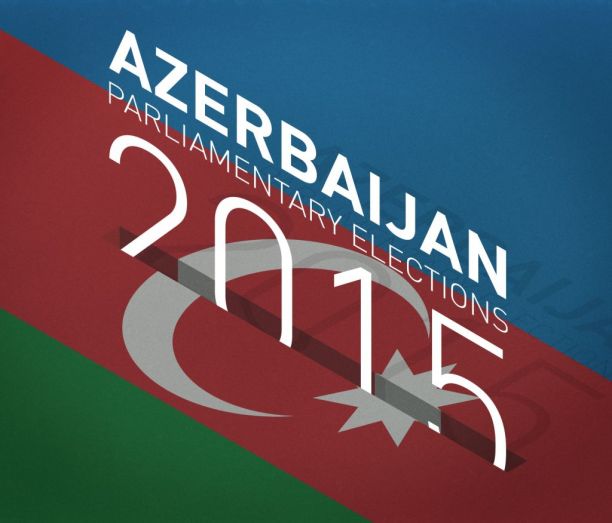Ilham Aliyev`s New Azerbaijan Party won a majority of the parliamentary seats in the election, 1 November 2015. The rest of the seats were distributed among supporting parties as the opposition boycotted the polls and National Council of Democratic Forces (NCDF) called the election totally falsified.
Head of Advocacy of the Human Rights House Foundation, Florian Irminger, commented on the election: “We were hoping to hear the results 24 hours before polls closed, as has happened in the past, but were forced to sit through the motions of an election day before the Azerbaijan Election Commission confirmed the results. They are not a surprise, nor would it be anything new to delve into the well-documented repression, human rights violations, restrictive registration of candidates, and mass fraud that have led to these results.”
He continued:
“What is interesting is the division within the PACE mission, which thanks to three parliamentarians is not completely discredited and has not altogether served to unduly confer legitimacy on an illegitimate election. This opens up the possibility of PACE MPs challenging the acceptance of the credentials of the Azerbaijan delegation to PACE in 2016, on grounds that they are not freely and fairly elected”.
Three members of the observation mission – Ute Finckh-Kraemer (Germany), Michael McNamara (Ireland), and Frank Schwabe (Germany) – issued a dissenting statement detailing why they do not regard the elections as “a step towards free, fair, and democratic elections,” and that “the situation in the country with respect to political freedoms, freedom of expression and media, and freedom of assembly, and association does not provide conditions for holding free and democratic elections.”
This statement strongly opposes and contradicts the official statement of the PACE observer mission, which significantly was not adopted unanimously, but with a vote of 16 to 7. This split is unprecedented for a PACE election observation mission, and underlines that the statement does not reflect what was observed in the country, but rather what the majority of the mission wanted to say about Azerbaijan.
This dissenting view echoes the observations of what remains of a targeted civil society on the ground, as well as documented evidence of the systematic repression of opposition candidates, civil society activists, and journalists, and OSCE’s Office for Democratic institutions and Human Rights’ (OSCE ODIHR’s) pre-election report detailing a crackdown on civil society.
The Azerbaijan authorities were in no doubt that they would win the elections. The challenge for them was to win with perceived legitimacy. Human Rights House Network commends those that issued the dissenting statement and challenged this legitimacy, for remaining independent and principled in their support of democratic principles and fair elections, and for their opposition to the imprisonment and repression of civil society. In their own words: “Its [PACE’s international election observation mission’s] presence on election day could be interpreted as giving legitimacy to a clearly undemocratic electoral process, in line with the Declaration of Principles for International Election Observation, which the Parliamentary Assembly has endorsed, we have no alternative but to make this public statement to ensure that our presence does not imply such legitimacy.”
In January 2016, PACE will review the credentials of Azerbaijan’s parliamentary delegation. This dissenting statement adds to evidence that the delegation does not meet the requested standards. Add to this the fact that in these elections Azerbaijan failed to fulfil its obligations under the European Convention for Human Rights, and the fact that Intigam Aliyev, lawyer of at least 40 cases before the European Court for Human Rights on election fraud from the last parliamentary elections, has been imprisoned in Azerbaijan on trumped-up charges.
Human Rights House Network hopes that principled voices within PACE can build opposition to Azerbaijan’s crackdown on civil society, and that through this opposition, the Council of Europe can pressure Azerbaijan to release political prisoners and lift the climate of repression.





